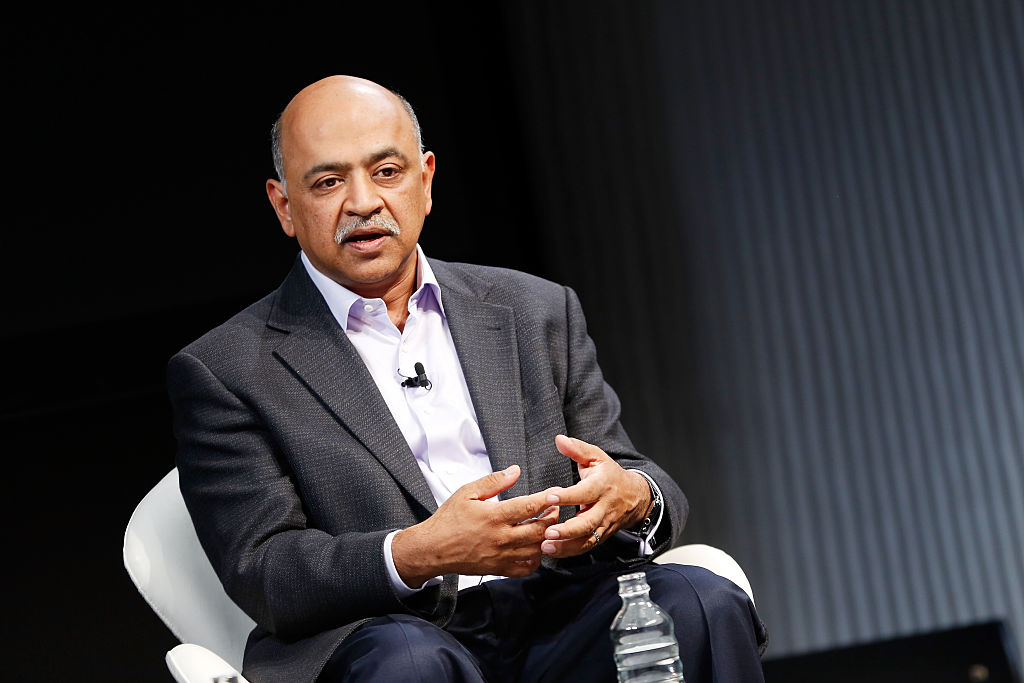- Friday, April 26, 2024

By: Shubham Ghosh
ARVIND Krishna, the chief executive and chairman of IBM, one of the world’s largest computer companies, is not too bothered about how his employees do their job as long as they get the job done.
The 59-year-old, who is the latest high-profile industry leader to call time on fixed working hours, told The New York Times recently, “Why should I, as an employer, care as long as you can get the work done and you’re highly productive? I should not try to be overly dictatorial about that.”
The India-born Krishna is the latest high-profile leader from the industry to call time on fixed working hours.
Such words from a top IBM official found many surprised since the company, which was set up in 1911 and has some 346,000 staff members across the world, has been known for a regimented office culture. It once had a notoriously strict dress code which was eased in the 1990s.
The company has now been found adapting to new ways of working amid a worldwide change in working models, accelerated by the onset of the Covid-19 pandemic.
After several months of work-from-home arrangement, many office-based employers have started giving their model of operations a new thought.
The Times said in a report that some of the world’s leading businesses are still looking to bring back the days of office culture. While most employees at Google continue to work remotely, Sundar Pichai, the chief executive of the company, misses the days when he could stand up in the middle of a physical meeting and approach a whiteboard to explain a point to others.
He told The New York Times, “We are working on some borrowed time, in terms of working on memories of the relationships you have and the connections you have.”
According to the latest weekly report by Kastle Systems, the US, average office occupancy across America’s leading cities now stands at nearly 38 per cent. While cities like Houston and Dallas in Texas are approaching the 50 per cent mark, San Francisco has been just above a quarter, The Times reported.
![]()